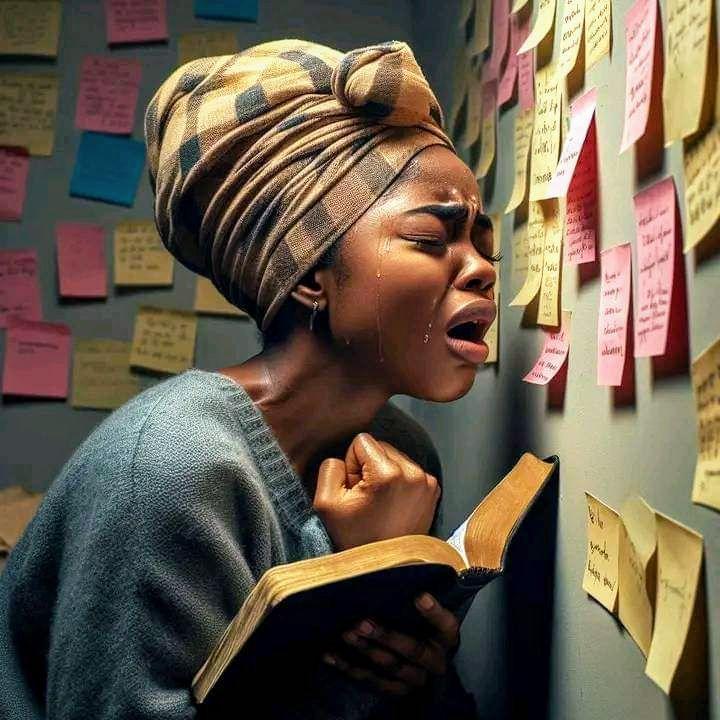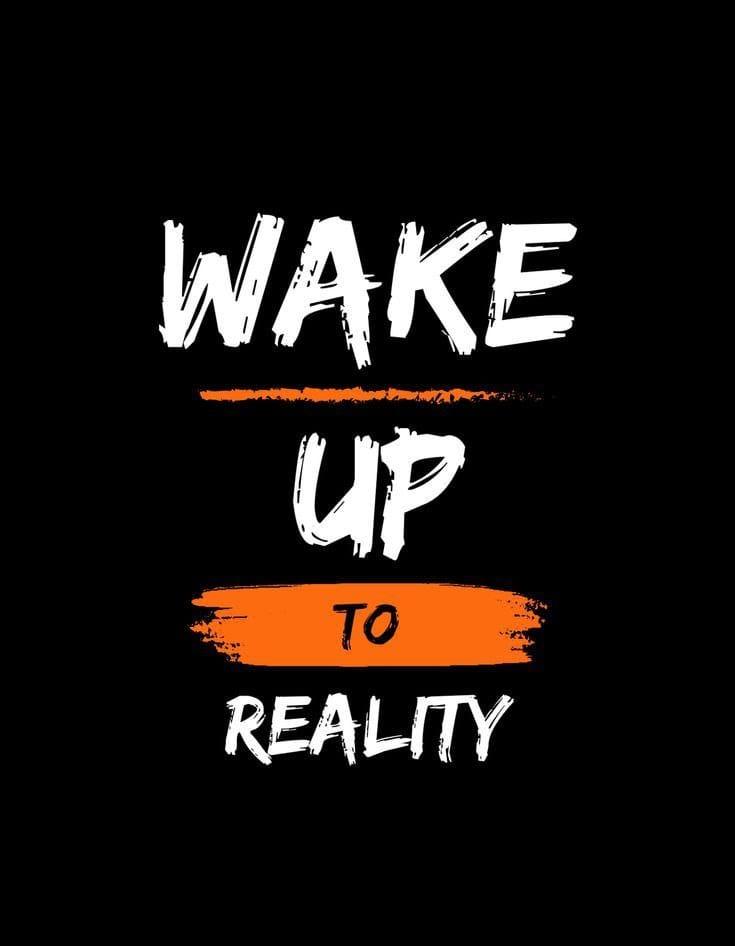Sponsored Advertisements
WHY IS ACCESS TO JUSTICE DIFFICULT FOR ORDINARY CITIZENS IN NIGERIA?
Government & Politics
13 days ago
Comments (0)
- Be the first to comment!
Leave a Reply
New Discussions
-
Tamarind's Bold Twist - Explore tamarind's bold role in vegetarian cuisine.

Rukkybabe
49 mins ago00 -
Lies our parents told us while growing up

Favvy
1 hr ago00 -
How to make egusi soup

Kate
1 hr ago00 -
“Tech Skills Made Me Think Differently About Money — Here’s Why 🔥”

Silent Seeker
1 hr ago00 -
The Weekend Mindset 🌙

Israel Ayonitemi
2 hrs ago00













Michael
13 days agoWhy Is Access to Justice Difficult for Ordinary Citizens in Nigeria?
Access to justice in Nigeria remains a major challenge for the average citizen, especially for the poor, the uneducated, and those living in rural areas. The legal system, designed to protect the rights of all, often seems distant and complicated for ordinary people. One of the main reasons is the high cost of legal services. Hiring a lawyer, filing court documents, and attending repeated court sessions are expenses many Nigerians simply cannot afford. Justice, therefore, becomes a privilege for the rich instead of a right for everyone.
Another major problem is lack of legal awareness. Many citizens do not know their rights or how to pursue justice when wronged. In rural communities, traditional rulers or local settlements replace the courts, and though helpful at times, they may not deliver fair or lawful judgments.
Furthermore, court delays and bureaucratic bottlenecks discourage people from seeking justice. Cases can drag on for years, consuming time, money, and emotional energy. In some cases, fear of intimidation or corruption within law enforcement also prevents people from reporting crimes or injustices.
To improve access, Nigeria must provide free or affordable legal aid, modernize the judicial system, and create awareness campaigns that educate citizens on their rights. Justice should not depend on wealth, status, or influence. As Isaiah 1:17 declares, “Seek justice, defend the oppressed.” When justice becomes accessible to all, true peace and equality will thrive in the nation.
Thanks, we appreciate your kind opinion. God bless you.